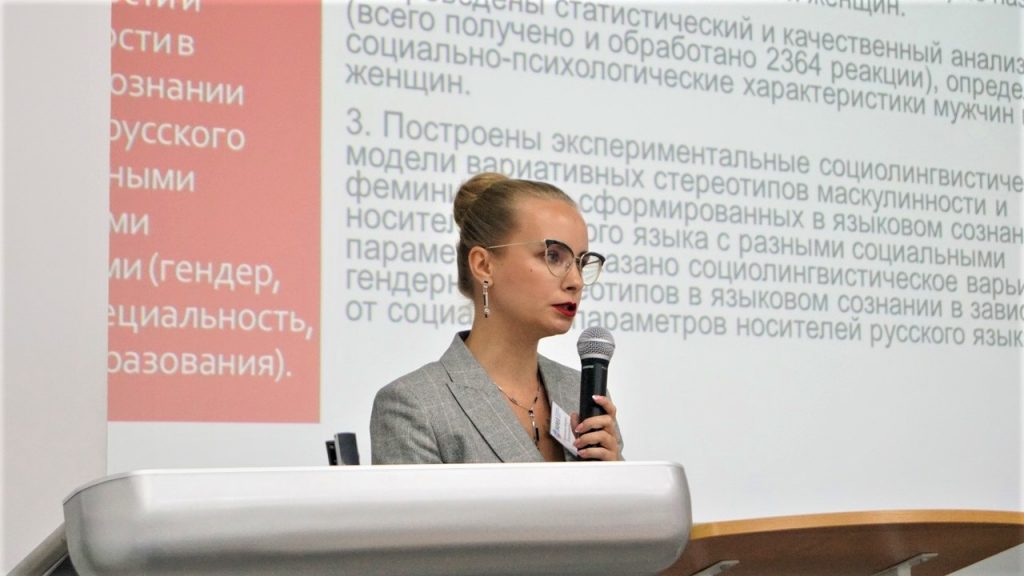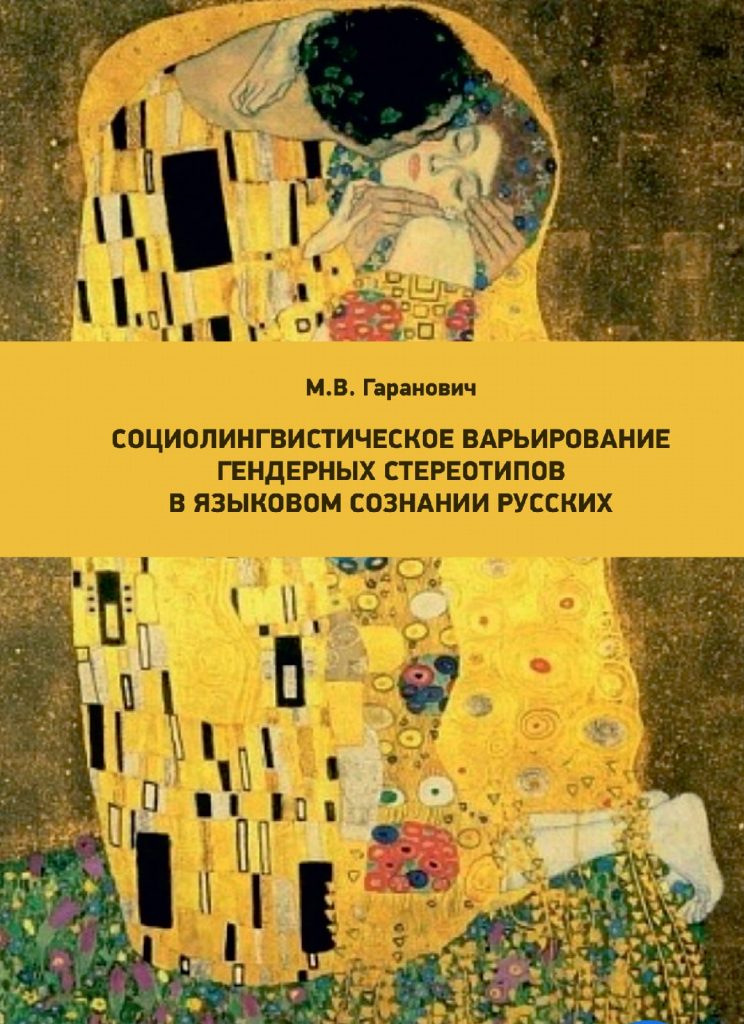How often do we sound masculine and feminine, without even noticing it? Does it affect the way people react to our speech? What are the ways gender stereotypes change, internationally?
Marina Garanovich, PSU researcher in linguistics, has studied family values, stereotypes and gender-related concepts, revealing the aspects of male and female speech in Russia, China, UK and Spain.
The study of Marina Garanovich includes 16 sociolinguistic experimental studies, with 1250 participants involved. Marina Garanovich is a teaching fellow and assistant professor at the Department of Theoretical and Applied Linguistics, and the Department of Linguistics and Translation. Her research interests cover gender-specific cognitive language structures.
Marina Garanovich’s study is based on a survey of various groups of respondents, Russian and international ones. The study shows the dependence of gender speech stereotypes on social parameters: gender, age, social status, level of education and speciality. Moreover, each group has its own ‘version’ of female and male model of speech behavior.

The language perception of Russians traditionally links logics and dominance to male speech, and emotionality, verbosity and politeness to female. “However, the mind of a theater-related professional, for instance, projects stereotypical male characteristics of speech behavior to play directors, rather than generally men. That explains the concepts of speech behavior growing from professional occupation,”
comments Marina Garanovich
The variability of opinions about family relationships depends on the vision of the world, implied nationally. The analysis of association words connected with the ‘family’ concept shows that modern European family values penetrate into traditional Chinese culture, and the ideas about the social roles of men and women in Russian and Western cultures do not coincide.
“While a Western woman, being equal to a man in her social rights, gets somehow liberated from household burdens and family roles, within the Russian language and social perception a new woman role incorporates patriarchal and feminist characteristics,”
states Marina Garanovich
Nevertheless, as the research proposes, the verbal image of a Russian man is also gradually ‘released’ from a number of essential social roles, such as geniture, fatherhood and responsibility for the family, children and relatives.
As for the concept of marriage, Russian youth’ respondents determine its notion through the words ‘union’ and ‘legality’ – despite the fact that modern dictionaries of Russian language miss to mention ‘legality’ as its component. The research data also proves the term ‘civil marriage’ to retain its everyday naive concept of relations between a man and a woman, officially unregistered, which contradicts to its legal understanding.

The research shows the way personal preferences and stereotypes are fixed in the language and user vocabulary, finding their expression in oral and written speech.
“The British regularly reproduce signs of gender stereotypes in speech. They are generally more consistent, unlike Russian informants. This happens due to the preservation of patriarchal traditions in British culture, despite the intense liberal transformations of family values – for example, the freedom of choosing gender identity, or revising gender social roles, publically” .
Marina Garanovich
Marina Garanovich has conducted a study “Sociolinguistic Variation of Gender-Related Cognitive Formations” under a grant from the Russian Science Foundation. In the course of the project, since 2018, three master’s theses have been defended. 16 study publications entered the Russian Science Citation Index, including 3 articles in the Clarivate Web of Science. Upon the completion of the research, a monograph “Sociolinguistic Variation of Gender Stereotypes in Language Perception of Russians” was published.


